
Launch of the European BIOSTRUCT project targeting the development of biocomposites
The BioStruct project, coordinated by Profactor, was launched on Tuesday, February 13th. Its main goal is to develop manufacturing processes to boost the use of bio-based fiber-reinforced composites for structural applications. Co-funded by Horizon Europe, the European Union’s research and innovation program, this public-private European partnership involves 10 organizations and will continue for three years.
Main objectives
To tackle the existing challenges linked to the utilization of biocomposites in structural components and expand the range of applications for bio-composites, the project has established precise objectives:
- Developing an accurate draping process to control fiber orientation
- Creating material models to capture natural variability
- Integrating nano-structured bio-based sensors for load monitoring
How ?
The BioStruct project will demonstrate these advancements through two distinct use cases, focusing on wind energy and boat-building applications: a full-size rotor blade and a 6m long ship hull with spars. These demonstrations aim to establish technical feasibility and attain a Technology Readiness Level (TRL) of 7 for the manufacturing technologies.
BioStruct has a global budget of over 8 million euros. 10 European organizations, both public and private, are pooling their scientific and industrial knowledge: Profactor (Austria), Abele (Germany), Amura (Spain), Bladeworks (Italy), CIDETEC (Spain), EnginSoft (Italy), IDEKO (Spain), Lumoscribe (Chypre), NOMA (Pologne), Techtera (France).
Expected results
The BioStruct project aims to achieve several outcomes, such as increased productivity, ensuring consistently high quality in high-precision manufacturing, promoting strategic independence for the EU manufacturing industry, and lowering greenhouse gas emissions.
By concentrating on boat building and wind energy, the project directly targets 25% of the market, and potential applications in sports equipment and automotive are anticipated to boost the share to 45%. With the projected growth of the bio-composites market, the consortium envisions a market potential of around €100 million by 2030, leading to a significant reduction in greenhouse gases, estimated at 2.5 to 4.3 million tons of CO2 per year.
Contact: Clara LECLAIRE – cleclaire@techtera.org








